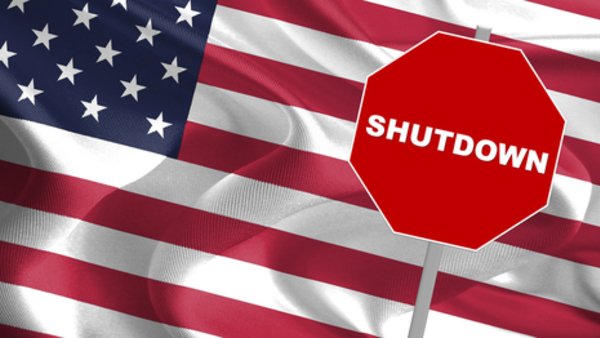
The NCUA will remain open even as much of the federal government is shut down, agency officials said, as credit unions prepared to help federal employees hurt by the budget impasse.
“The NCUA is an independent agency of the federal government, and its operating budget comes from fees charged to credit unions and to the National Credit Union Share Insurance Fund,” the agency said.
And while CFPB officials have not made any public comments about their operation, the bureau is funded through drawdowns from the Federal Reserve. As such, it also is not subject to the annual appropriations process.
Congressional Democrats, Republicans and the Trump Administration were unable to agree upon parameters of a Continuing Resolution by midnight Friday, when the last funding resolution expired.
As a result, non-essential agencies, programs and employees were forced to shut down.
NCUA officials said credit union members’ accounts will continue to be insured by the Share Insurance Fund.
And while the government shutdown will not force the agency to close, it could have an impact on credit unions, particularly those with a large number of federal employees.
As the government prepared to shut down, Navy Federal Credit Union announced plans to cover direct deposits for eligible members. The credit union is offering help to Active Duty military, Coast Guard and Defense Department civilian members who have a direct deposit arrangement with the credit union.
Those members can sign up for a special program and receive coverage of their direct deposit of net pay if they’re affected, the credit union said.
“Our members are part of an important community,” Tynika Wilson, senior vice president of debit card and fund services at Navy Federal, said. “They protect our freedoms, so it’s vital we do the right thing by covering their paychecks.”
Navy Federal, headquartered in Vienna, Va., with almost $84 billion in assets, offered a similar service during government shutdowns in 2013 and 2011.
At Justice Federal Credit Union, members affected by the shutdown may apply for a Special Assistance Loan of up to $5,000. The loan amount is based on the member’s net pay deposit, with direct deposit required.
In addition, members may request to defer payments on consumer loans or credit cards and may request assistance with a Justice Federal First Mortgage.
The credit union provides services to employees of the Departments of Justice and Homeland Security, as well as other law enforcement agencies. Its headquarters is in Chantilly, Va., and it has almost $731 million in assets.
As the government prepared to shut down, the NCUA suggested that credit unions may want to consider offering special programs to help members who may need short-term loans, create loans with special terms and rates, or offer flexible payments.
The NCUA advised credit unions to ensure that their policies are flexible enough to respond to members’ financial needs. In addition, credit unions with offices on federal property should prepare for service interruptions at those offices.
NCUA officials also said credit unions should work with affected members, including providing advances to members receiving direct deposit from the federal government.
Credit unions should also develop contingency plans if they participate in government programs that may be closed, the NCUA said.
While the NCUA and CFPB remain outside the appropriations process, some members of Congress are attempting to change that.
A provision of House Financial Services Chairman Jeb Hensarling’s (R-Texas) plan to overhaul Dodd-Frank contains a provision that would subject both agencies to appropriations.
However, the House also voted to keep the NCUA outside the annual appropriations process when it passed the FY19 Financial Services funding measure.
House and Senate Republicans have included a provision that would place the CFPB under the appropriations process in their FY19 Financial Services funding measure, but that legislation has not been enacted.


